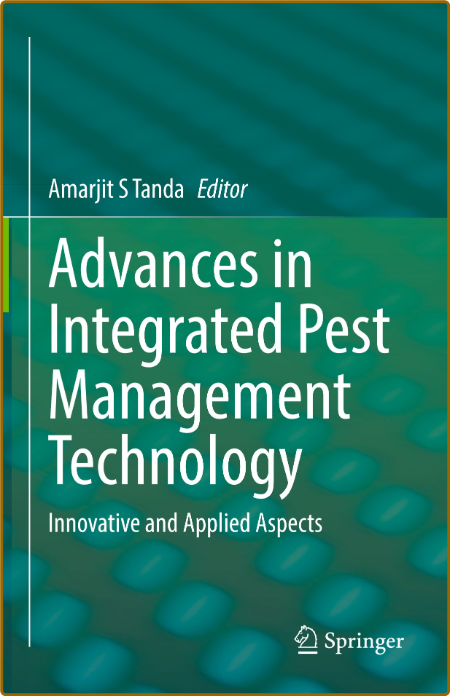
pdf, epub | 42.49 MB | English | Isbn: B0B922F4PH | Author: Amarjit S Tanda | Year: 2022
Description:
The UN's Food and Agriculture Organization defines integrated pest management (IPM) as "the careful consideration of all available pest control techniques and subsequent integration of appropriate measures that discourage the development of pest populations and keep pesticides and other interventions to levels that are economically justified and reduce or minimize risks to human health and the environment. IPM emphasizes the growth of a healthy crop with the least possible disruption to agro-ecosystems and encourages natural pest control mechanisms. "Although this is a concept championed since the 70s, recent advances in agricultural biotechnologies and unfortunately, new problems brought on by global climate change warrant a reevaluation of how IPM can be implemented.
This book aims at bringing out a comprehensive collection of information on all aspects of advances in integrated pest management technology in agriculture systems worldwide. The main focus of this book is to address the nano-biotechnology as sustainable solutions, biogenetic insect resistant plants in integrated pest management technology (IPMT), and DNA barcoding of insects and role of protease inhibitors in recent management trends. It also highlights the advances in integrated management of insect pests of stored grains, and use of bee pollinator's as a livelihood security to the people worldwide. Step-by-step descriptions, accompanied by numerous photographs and schematic drawings, are provided on IPMT under changing climate, and habitat manipulation in crops. This book thus provides a forward-looking foundation for IPMT systems and its use in crop production.

